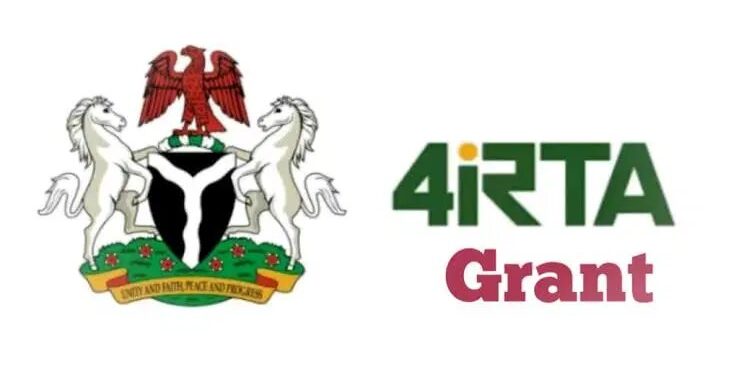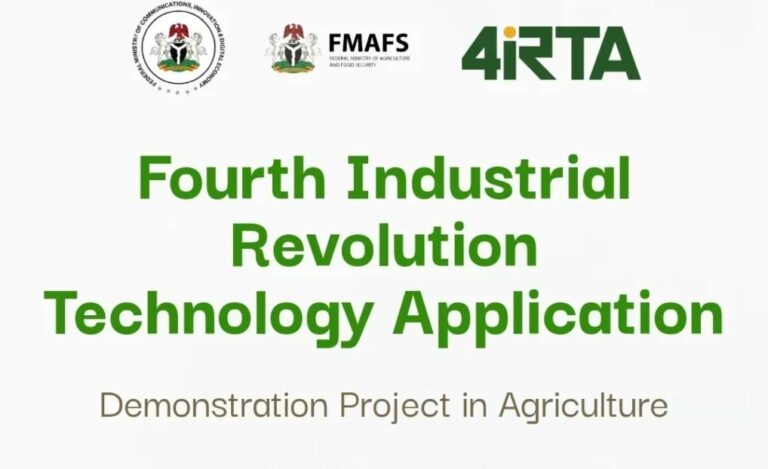The Ministry of Communications, Innovation, and Digital Economy in Nigeria has shortlisted 10 startups to receive grants under its Fourth Industrial Revolution Technology Application (4IRTA) in Agriculture program. The startups will be eligible for funding up to N10 million each to enhance the application of 4IR technologies in their agricultural projects.
Dr. Bosun Tijani, the supervising minister for the ministry, revealed that the selected startups align with President Bola Tinubu’s mandate to cultivate 500,000 hectares of land across Nigeria to boost food security. The Ministry of Agriculture will provide support to the chosen pilot farms to facilitate scaling and sustainability.
The 10 selected projects include innovative solutions such as an Integrated Aerial Precision (APrecision) for smallholder maize farming, a livestock management tool leveraging IoT technology, precision farm management using drones and sensors, an Automated IoT-Based Irrigation System, and a Geospatial Intelligence model for crop yield prediction. Other projects involve blockchain technology for trust in agricultural supply chains, an AI-powered livestock disease reporting app, a climate-smart IoT device for poultry and fish farms, and smart solutions for pond and fish farm management.
The program aims to enhance productivity in Nigeria’s agricultural sector by incorporating technologies such as UAVs, IoT, AI, and Blockchain. The Ministry received 2,329 applications during the application process and shortlisted projects that demonstrated alignment with program objectives, solution readiness, and quality through two rounds of reviews.
The Minister expressed excitement about working with the selected projects in collaboration with the Ministry of Agriculture, supporting their path to scale and sustainability. The initiative seeks to empower startups driving advancements in agriculture through innovative and tech-driven approaches.
The announcement signifies a significant step toward leveraging technology to address challenges in the agricultural sector and promote sustainable practices for food security in Nigeria.










